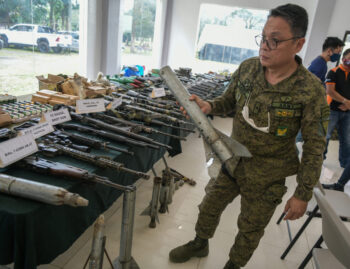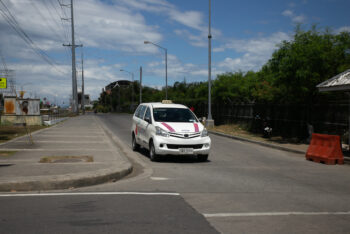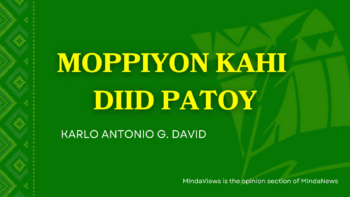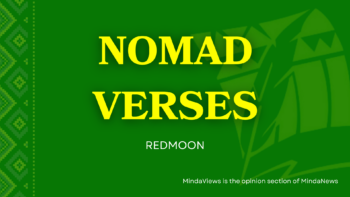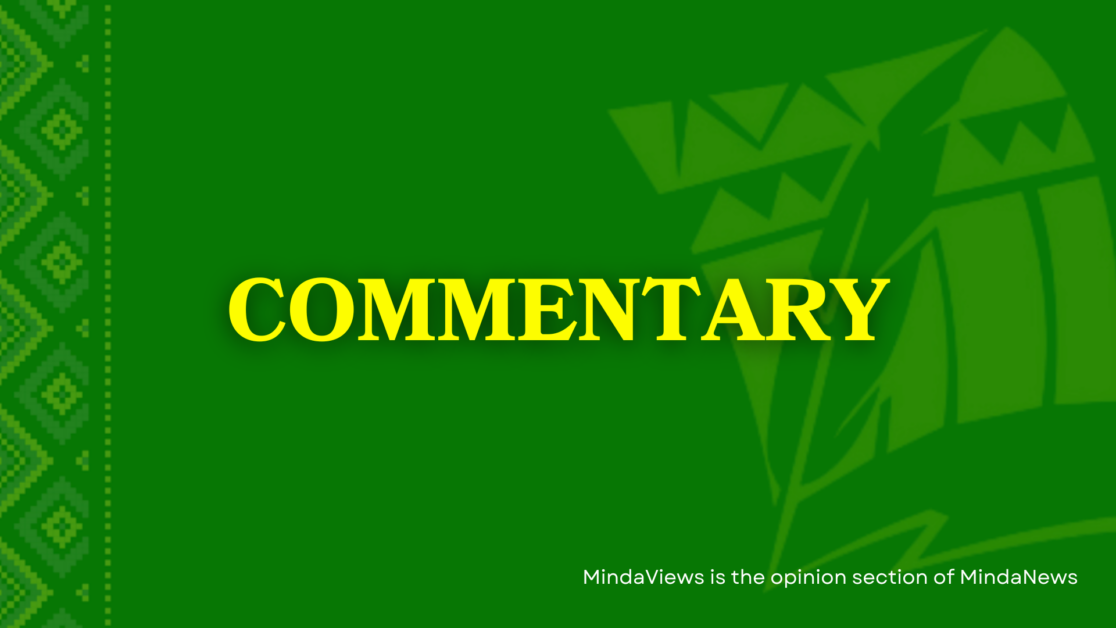
ZAMBOANGA CITY (MindaNews / 14 January) — While the Philippines is proud to be a country that speaks of cultural inclusivity and pluralism, it presents an irony of repeatedly exhibiting instances of cultural insensitivity. This can be seen and demonstrated when people remark that they know of some alleged (quote unquote) Pure Muslims who may drink alcohol or eat pork based products, or when there are Halloween costume parties and they wear attire that are used by cultural communities, or even use cultural attires intrinsically linked to symbols that they consider sacred and sacrosanct.
In the current evolution of globalization and millennialism, where information and practices no longer have boundaries, in a way making people forget how important it is to respect boundaries for cultural communities.
When instances of cultural misappropriation or bastardization happens, this often goes unchecked unless called out and apologies are often expressed not out of guilt and remorse but out of fear of cancel culture. This is an artificial attempt to stifle realization and admission, which is inherently wrong as there is no sincere response to correct or address the error committed, which is cultural misappropriation or disrespect for cultural symbols.
If one refers to the guidelines of the National Commission on Indigenous Peoples (NCIP) or National Commission on Culture and the Arts (NCCA), intending to use cultural symbols or costumes that belong to indigenous cultural communities, one is required to get permission to use these cultural symbols in a process called FPIC (also referred to as Free, Prior and Informed Consent) of which permission is required from the communities that own this cultural symbol. Normally these communities, called Indigenous Cultural Communities/Indigenous Peoples (ICC/IPs) would explain and elaborate the context of these symbols and may or may not provide permission for the use of their symbols.
There are also government agencies such as NCIP,NCCA, National Commission on Muslim Filipinos (NCMF) or the Bangsamoro Autonomous Region in Muslim Mindanao (BARMM) that may provide insights and guidance on the permissibility of using these symbols.
The attempt to justify that the multiculturalism of BARMM would legitimize using the costumes and dances of Moro culture without research represents a lack of due diligence on the part of the educational institution that is supposed to highlight cultural inclusivity, respect and depth of understanding, reflects the highest level of hypocrisy and arrogance. The innate belief of cultural or religious superiority and arrogance, which is reflected in the fact that it is okay to use symbols of cultural communities without fear, reprimand or retaliation.
Apologies do not mend or cure the mistake, nor are public pronouncements. A change in policy, action and, in fact, leadership must be made to answer such an insult to the sacred symbols of indigenous cultural communities in general and the Bangsamoro people in particular.
(MindaViews is the opinion section of MindaNews. Yusuf Morales is a cultural worker and educator, a former commissioner of the National Commission on Muslim Filipinos and currently doing research work and is lead convenor of the Consortium of Peacebuilders, a nationwide network of Peacebuilders, PCVE advocates, key opinion makers, religious institutions and civil society organizations).



